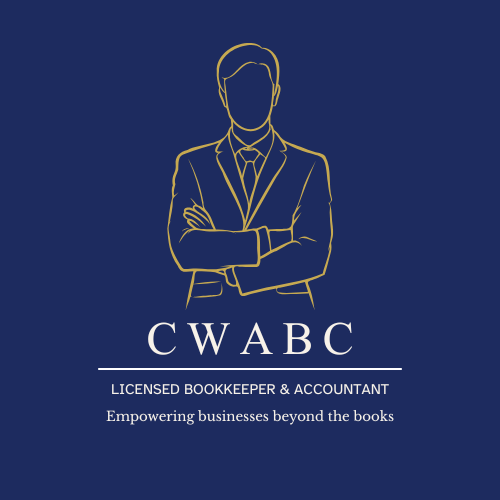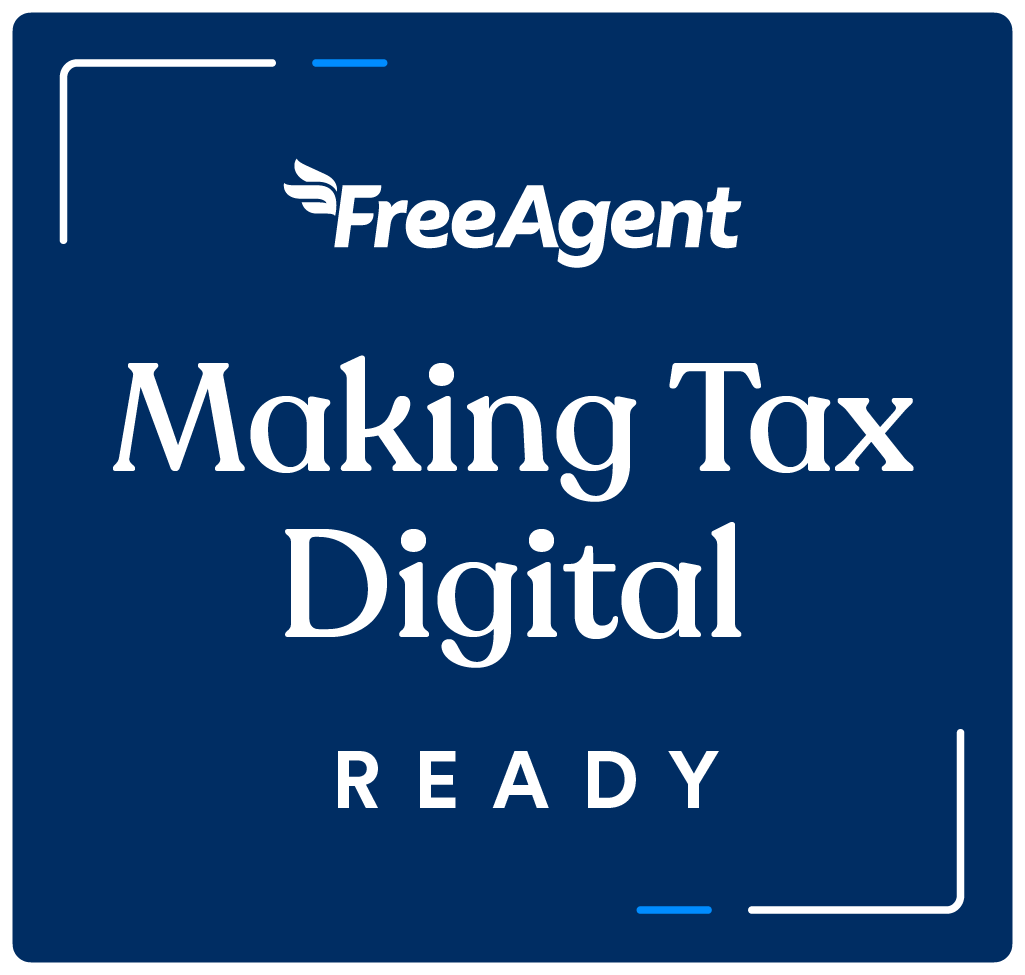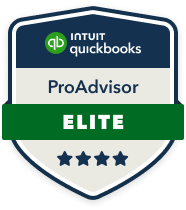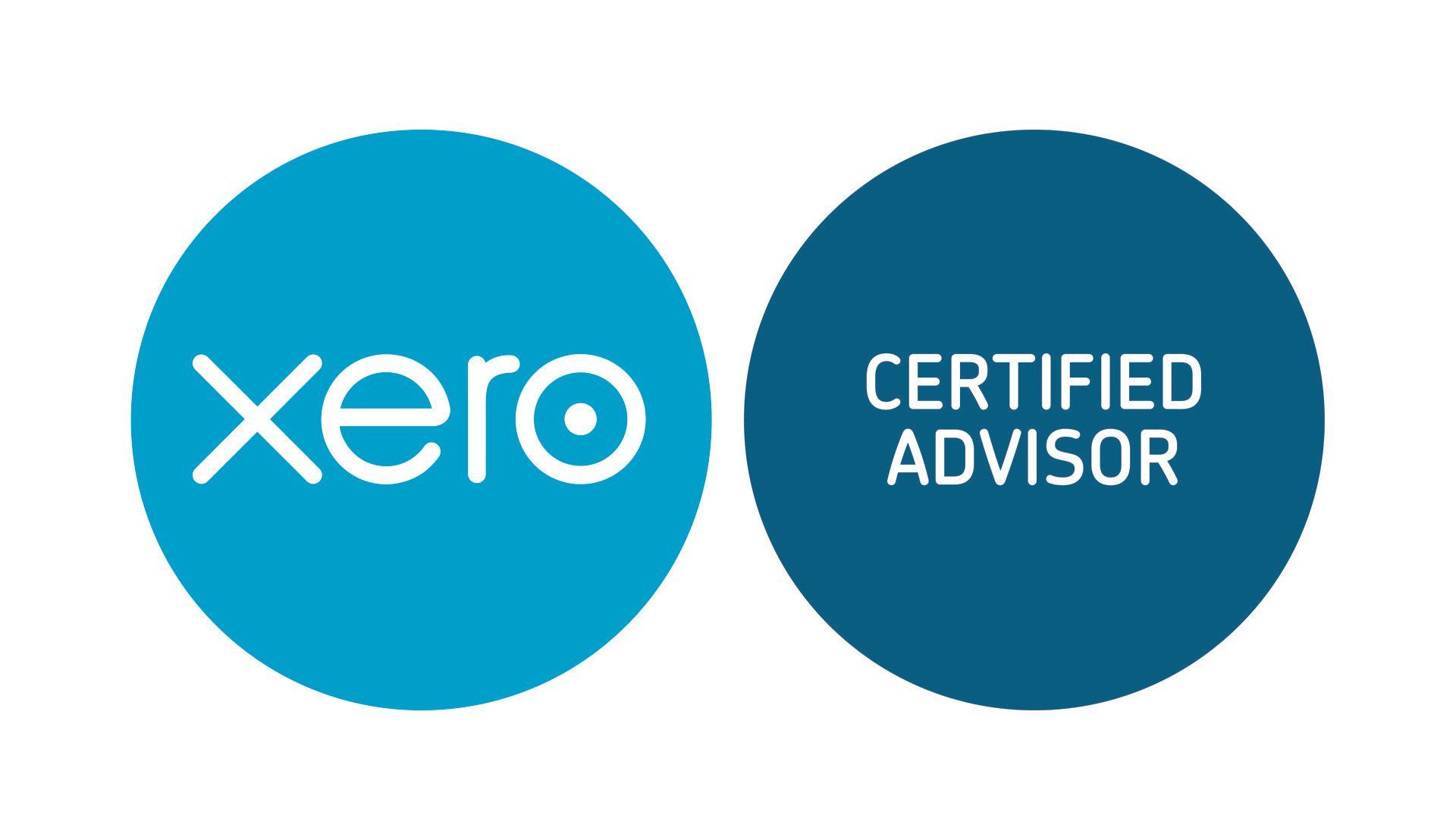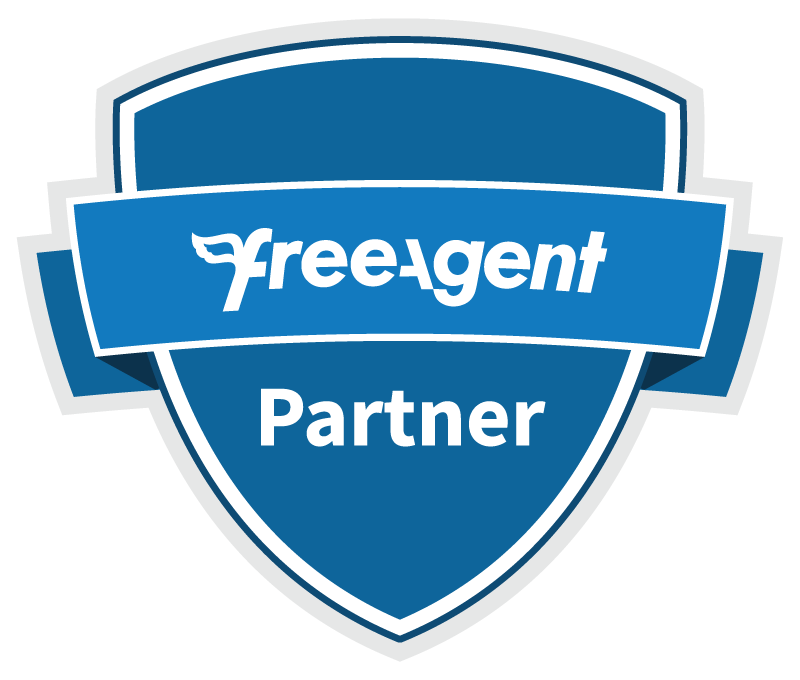Avoiding the "Boiling the Frog Syndrome" in Bookkeeping and Tax Returns
In the United Kingdom, the "Boiling the Frog Syndrome" can be particularly relevant to individuals and businesses dealing with their financial responsibilities. Here's how it applies to the UK context:
1. Tax Deadlines: In the UK, various tax deadlines, such as the Self Assessment deadline on January 31st, are crucial. Procrastination can be a real issue as individuals or businesses may delay preparing their tax returns until the last minute, thinking they have plenty of time. However, as the deadline approaches, the stress and pressure can become overwhelming, much like the frog realizing the water is too hot.
2. Changing Regulations: The UK tax system is subject to changes, including tax rate adjustments and new regulations. If you're not keeping up with these changes, you might find yourself slowly boiling in a pot of non-compliance. Just like the frog adapts to a gradually warming environment, failing to adapt to tax changes can lead to financial trouble over time.
3. Small Errors Pile Up: Similar to how small financial inaccuracies can accumulate over time, UK taxpayers must ensure that their bookkeeping is accurate and up to date. Ignoring minor discrepancies or neglecting record-keeping can lead to significant problems later, much like the frog that becomes comfortable with an ever-increasing temperature.
4. Financial Stress: The pressure and stress associated with financial disarray can be significant in the UK, especially when faced with the prospect of HM Revenue and Customs (HMRC) investigations or penalties. The "jump" moment, when it becomes apparent that something needs to be done, can be a taxing experience.
To avoid falling into the "Boiling the Frog Syndrome" when it comes to bookkeeping and tax returns in the UK, here are some tips:
· Set Reminders: Mark key tax deadlines in your calendar, and set regular reminders. Don't wait until the last minute to prepare your tax returns or engage with an AAT licensed accountant.
· Stay Informed: Keep yourself updated with the latest tax regulations, allowances, and deductions in the UK. This will help you adapt your financial practices and stay compliant.
· Seek Professional Help: If you find your tax situation becoming increasingly complex or stressful, consider seeking professional assistance. An AAT licensed accountant can provide valuable expertise in navigating the UK's tax landscape.
In the United Kingdom, just as with the frog, the key to avoiding financial disaster lies in staying alert, proactive, and well-prepared. By taking the necessary steps to manage your financial obligations, you can ensure that your financial waters never reach the boiling point, and you remain in control of your fiscal well-being.



